THEME: #BEATPLASTICPOLLUTION
The theme for World Environment Day on 5 June 2023 focused on solutions to plastic pollution under the campaign #BeatPlasticPollution. The world is being inundated by plastic. It is relatively cheap to produce, durable, flexible, and easy to transport. But the sheer volume of plastics produced and discarded every year is having negative effects on our ecosystems, wildlife, the climate human health and the economy.
A systems change is needed to address the causes of plastic pollution. This starts with reducing problematic and unnecessary plastic use, reusing and refilling existing products to move away from a throw-away culture, and redesigning the system, products, and packaging.
IMPACTS OF THE PLASTIC POLLUTION CRISIS
Around 430 million metric tonnes of plastic is produced every year, half of which is designed to be used only once. Of that, less than 10 per cent is recycled. Furthermore, 4 million tonnes of plastic waste is exported annually from high-income countries to low- and middle-income countries, which have limited infrastructure to manage the waste in an environmentally sound manner. Of the plastic produced globally, an estimated 19-23 million tonnes end up in lakes, rivers and seas. Today, plastic clogs our landfills, leaches into the ocean and is combusted into toxic smoke, making it one of the gravest threats to the planet. Not only that, what is less known is that microplastics find their way into the food we eat, the water we drink and even the air we breathe. Many plastic products contain hazardous additives, which may pose a threat to our health including increasing the risk of heart diseases and aggravating respiratory problems.
SOLUTIONS
The good news is that we have science and solutions to tackle the problem –and a lot is already happening. For instance, the life-cycle approach is key to overcoming the plastic pollution crisis and reducing the costs to nature, society, and the economy. As part of the lifecycle approach, efforts are focused not just on managing waste, but on examining how products are designed, produced and distributed. Redesigning how we produce, use, recover and dispose of plastic could save US$4.5 trillion by 2040. And while most think switching to renewable or biodegradable alternatives to plastic is a sustainable option, the best choice is using less plastic, regardless of the materials reusable products are made from.
URGENCY TO ACT
What is needed most now is a surge of public and political pressure to scale up and speed actions from governments, companies and other stakeholders to solve this crisis. This underscores the importance of World Environment Day mobilizing action from every corner of the world. World Environment Day 2023 showcased how countries, businesses and individuals are learning to use the material more sustainably, offering hope that one day, plastic pollution will be history. The Day was also extremely popular amongst the public, trending as the #1 and #2 hashtag on Twitter on 5 June. There was also global interest in learning more about stakeholder solutions to tackling plastic pollution leading to 63,000 downloads of the Beat Plastic Pollution Practical Guide and over 53,000 mentions in new articles across 167 countries.
HOST COUNTRY
World Environment Day 2023 was hosted by Côte d'Ivoire in partnership with the Netherlands.
is showing leadership in the campaign against plastic pollution. Since 2014, Côte d'Ivoire banned the use of plastic bags, supporting a shift to reusable packaging. The country’s largest city, Abidjan, has also become a hub for environmentally minded start-ups. The Government of the Netherlands also supported World Environment Day as one of the countries taking ambitious action along the plastic lifecycle, being a signatory of the New Plastics Economy Global Commitment and a member of the Global Partnership on Plastic Pollution and Marine Litter.

